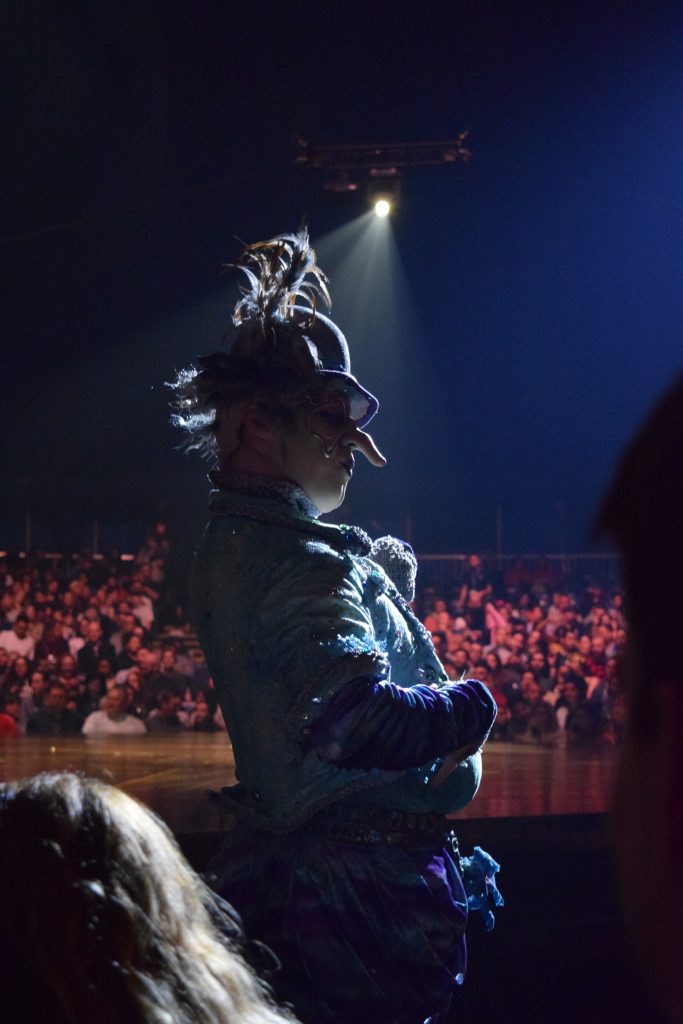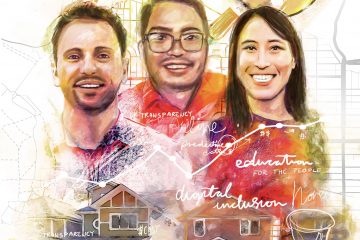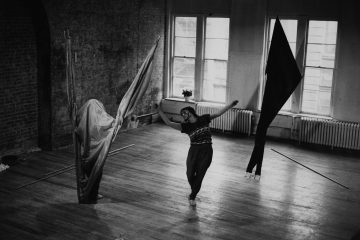Originally written as Building Resilient Arts/Entertainment Industries in a COVID-19 World for the Plug and Play blog, this piece was at the beginning of the pandemic but still unfortunately holds true now. We’re going the wrong way about building resiliency into our arts and entertainment industries and a shift needs to be made – either through boosting the creator gig economy, changing our funding models, or taking greater risks now to make sure these industries have a future later.
If COVID-19 has taught the arts and entertainment world anything, it’s that we can’t continue to go on as we have. While many industries have been hit hard, arts & culture has been decimated.
Government relief benefits and subsidies for COVID across the world haven’t nearly taken into account the erratic nature of the work, demanding such restrictions like ‘no income across 14 days’ to qualify for emergency relief which could be derailed for an artist by something as simple as a $4 royalty cheque coming in unexpectedly. The pandemonium in the US over how exactly artists survive has resulted in concerned arts lovers taking matters into their own hands and setting up GoFundMe’s which are so inundated by requests for help by desperate artists that the max some collections can hand out per person is a single $200 payment.
In general, most in the arts/entertainment industries are paid so poorly that many creatives have no savings to fall back on at all. Most creatives who have made a ‘successful’ career for themselves have done so because they moved to major, and incredibly expensive, cities to get the opportunities needed to support themselves in the creative industries. Opportunities that have mainly gone up in smoke, leaving them stranded in a home they can’t afford.
They can’t gather to prepare for future events like new theatre seasons, festivals, or concerts. Imagine the amount of effort that goes into a Cirque du Solei show, practising to the point that no one injures themselves, plus all the rehearsals needed to maintain the athletic strength to perform the moves. Many such events take 6 to 12 months of rehearsals and practise, meaning all our favourite live events are cancelled for around that long after lockdowns lift.
But what about Netflix, what about Spotify, what about all those books being bought online, you ask? Surely creatives are making bank?
Consider that for the film and TV industry that fuels our voracious appetites right now, cast and crew cannot currently gather to record anything new – for who knows how long. Not to mention the way film studios make back a film’s budget, through revenue made by consumers seeing the movie in a cinema – all of which are currently closed. Netflix certainly doesn’t pay them enough to make back that $160M blockbuster budget. Then look at the ripple effects, countries that rely on films recording in their locations, increasing jobs and boosting the number of visiting tourists. Those countries are suddenly losing productions, further damaging local arts and tourism industries, probably for the next several years until the film studios are certain they won’t get shut down mid-production while overseas. As a result, my prediction would be that most films made in the next 12 months will be filmed in front of greenscreens, or domestically, in the studio’s home country.
Musicians make more money off live gigs and concerts then they do off the tiny amount of cents Spotify gives them for a song listen (and god knows they don’t get any income from you purchasing a full album, because why would you do that when you can get anything you ever want to listen to on iTunes/Spotify for free?).
And the writers of all those books you’ve been reading? If they come from one of the big six publishers, an author is getting maybe 10% of the money you just paid for that book. Statistics show writers – who are regularly asked to work for ‘exposure’ mind you – earn almost 30% less then they did 20 years ago, many ‘full time’ writers are only able to do so because of a spouse’s supporting income – supporting income that may no longer exist at the moment if their spouse just lost their job in the slew of layoffs we’ve seen across the world.
But here at places like the Plug and Play blog, we are entrepreneurs. We see problems, and we fix them. So here are ways that you can start helping fix the cracks in the system that is supposed to be supporting the people who make your favourite content.
So, what can you do personally, as a grant body or philanthropist, or as an investor?
Personally
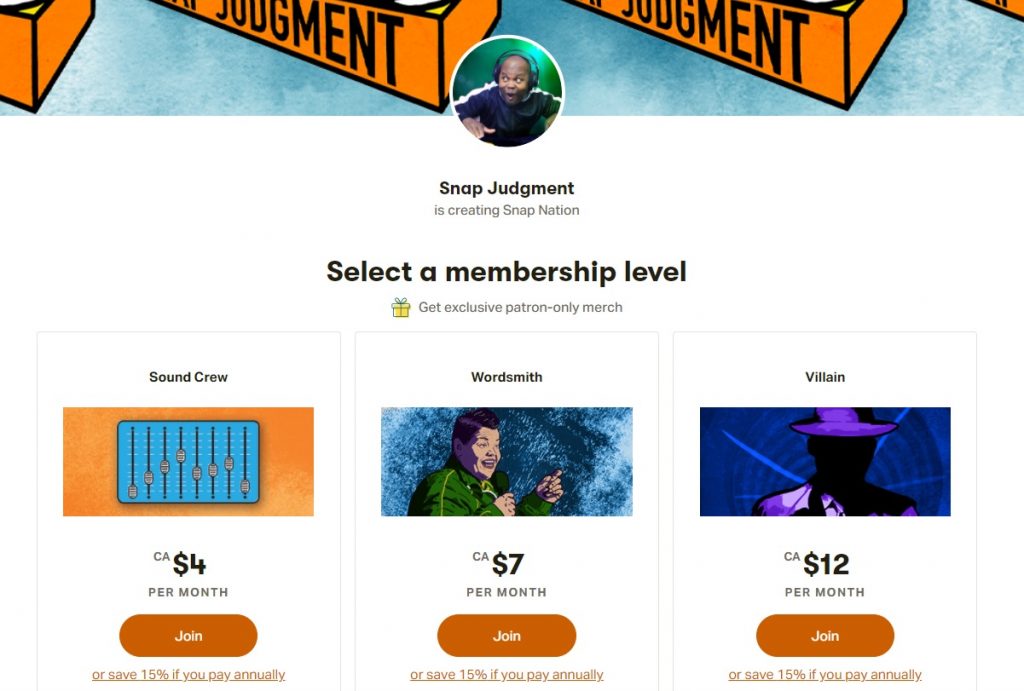
Sure, you can stream your favourite artists, or hire that book digitally from your library, but please, don’t stop there.
For a musician to recoup $10,000, NPR estimated they would need 1.4M streams on top oftheir regular activity to recoup the cost, whereas if 1000 people actually bought their $10 album off Bandcamp, not only do they get that money immediately, but it’s statistically more likely they’ll recoup their money at all.
Go directly to channels your favourite creators own, buy their merchandise, pay for a live streaming, donate to a broadcast, discover new comics on revenue sharing platforms like NextUp. The Guardian has a bunch of suggestions for Theatre, Music, Art and Comedy. Pay for a writer to present to your bookclub online, or send you a signed book.
And of course you could donate to the various relief funds for the arts or music, but that isn’t going to help with the systemic problems of giving long term support to the content creators we love. The best thing you could do personally for these creatives is to become a patron. By all means if you have a spare $30-40k do it the old fashion way and give a writer, musician or visual artist you love a living wage for a year.
But if you’re like me, and maybe have a spare $50 to $100 to spread around a month, then support them via Patreon pages. Set up a monthly donation that you can plan to keep for several years. The perks many times give you personal access to the creatives and secret pieces of work only you get to see, and it ensures the content that you love, don’t dry up suddenly because the creator can’t support themselves.
Grant/Government Bodies or Philanthropists
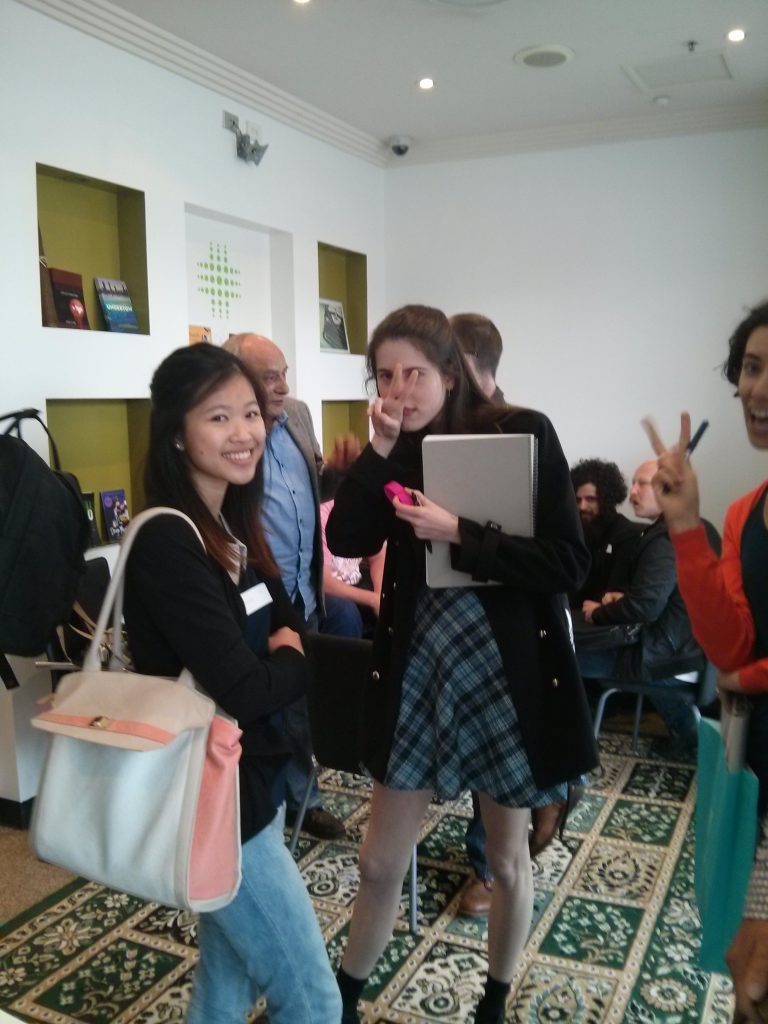
We really have to talk about every arts grant ever ‘only funding 50-75%’ of a grant for which you, the creative in an industry that makes 30% less than 20 years ago, are expected to front the additional money to complete the project. Considering how essential COVID has show entertainment content to be, this needs rethinking.
The regular rational is that ‘sales’ should then cover the rest of that project. But what if that project is for a free event for the community because your community is just as socioeconomically stuffed as you are? What if that project is a book which, traditionally or self-published, only has margins of maybe $2? And in most cases ticket sales in the end only cover time and material costs, but there is nothing left over to build off to make the next thing.
It builds a reliance on the grant system, it doesn’t encourage more mature artists to move on to things that can be funded by them as an actual business, with actual returns. So instead as the new generation comes through, they can’t access this grant/philanthropy money to get their start because the system has seen that the established creators cannot move on on their own, and the grant bodies go with the sure-bet, leaving emerging creatives without the funding, experience or opportunities they need to build a career.
So, let’s fund full projects. And if that’s too risky for you, fund full projects and then for every dollar of profit a project makes over that you get 20 cents back to contribute to the pot. Because only funding 50% of projects so you can have a ‘greater impact’ isn’t working as a strategy, as the pandemic has clearly shown. But funding a 100% of less projects may just break the cycle of reliance we’ve set up.
But let’s take this further. Rather than funding once off, individual projects, or theatre companies, or non-profits who provide services in limited geographic areas, let’s fund things that are scalable and enable new revenue streams for whole creative industries.
Which brings us to….
Investment
Creative industries and cultural capital have been distilled into a few centres of ‘excellence’. Cities like your New York’s, London’s, Toronto’s, or Sydney’s of the world, and industry giants like the Big 6 publishers, like Hollywood, like the AAA games studios, have made it so the content that populates our favourite entertainment channels only leverage the creative talent in tiny geographic areas. So many truly unique talent and stories and perspectives get lost as a result, yet because of that limited field view, now we’re remaking Ghostbusters for like the millionth time.
But there is talented people in every backyard, so for us to truly start fixing the cracks in arts and entertainment, we need to start leveraging local creative talent on a global scale, and building new formats and channels for revenue that transition easily from real-world to digital and back. This isn’t just a feel-good social mission, we’re passing up on money-generating talent every day in this current paradigm, it’s honestly just good business sense to change.
Look at what happened when Amazon KDP, Steam, or Youtube, opened up to independent creators, they removed borders from the equation, and leveraged the local, global talent pool to carve out billion-dollar industries.
So I urge you, focus on those start-ups that build new digital media formats, and revenue channels. That build local creative economies and leverage global talent at home. Like the HitRecord platform that is leveraging local talent by allowing creatives to collaborate remotely on projects from a dozen different countries at once, and won an Emmy in the process. Or NextUp, a self-proclaimed ‘Netflix for stand-up comedy’ which revenue shares recorded and live stand-up comedy gigs direct with comedians. Or even our own Story City, which allows content creators to monetise public space via interactive stories and locative experiences.
By enabling the platforms, and the channel and format creators, we’ll have more interesting, money-making content, that builds a more robust entertainment industry that can weather the next pandemic, or financial crisis, or apocalypse, much better than this one.
